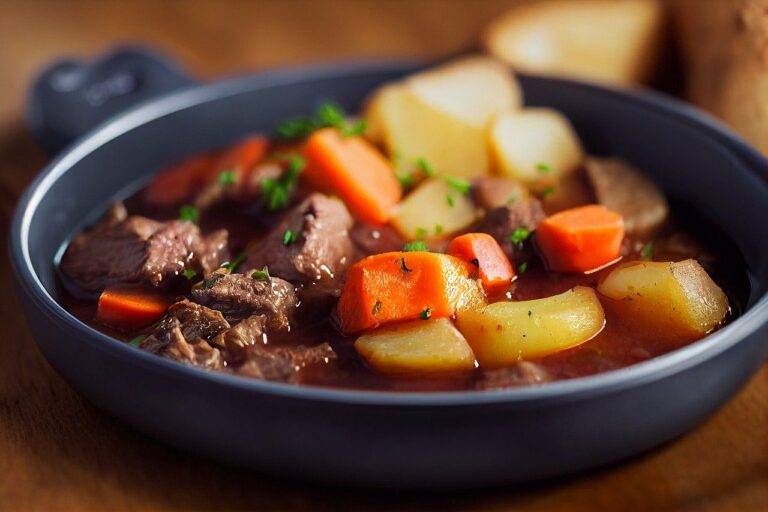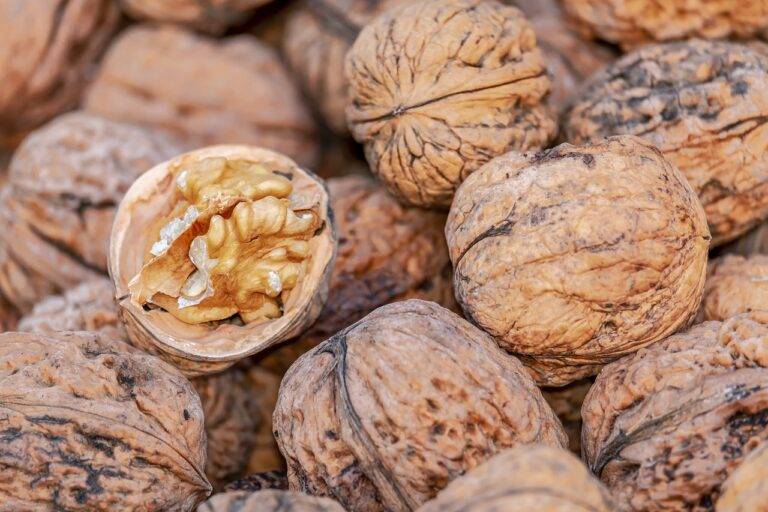The Future of Edible Insects as Food
Edible insects offer a sustainable and eco-friendly source of protein that can help address global food insecurity. With environmental concerns on the rise, the cultivation of edible insects requires significantly less water, land, and feed compared to traditional livestock farming. This efficient utilization of resources makes insects a promising solution for feeding a growing population while minimizing the strain on the environment.
In addition to being a sustainable food source, edible insects are packed with essential nutrients beneficial for human health. They are rich in high-quality proteins, healthy fats, vitamins, and minerals, making them a nutritious addition to diet. Incorporating insects into the diet can contribute to meeting daily protein needs, enhancing overall nutritional intake, and promoting a balanced diet for optimal health and well-being.
Nutritional Value of Edible Insects
Edible insects are gaining recognition for their impressive nutritional content, providing a rich source of essential nutrients. They are particularly known for their high protein content, which often surpasses that of traditional meat sources like beef and chicken. In addition to protein, edible insects offer a wide array of vitamins, minerals, and fatty acids that contribute to a well-rounded diet.
Moreover, edible insects are celebrated for their sustainable nature, requiring significantly less resources and emitting fewer greenhouse gases compared to livestock farming. This makes them an environmentally friendly alternative that can help reduce the ecological footprint associated with conventional animal agriculture. With their exceptional nutritional profile and sustainability, edible insects are emerging as a compelling option for diversifying diets and promoting global food security.
What are some benefits of consuming edible insects?
Consuming edible insects can provide a sustainable source of protein, vitamins, and minerals.
What is the nutritional value of edible insects?
Edible insects are rich in protein, healthy fats, vitamins (such as B vitamins and vitamin E), and minerals (such as iron and zinc).
How do edible insects compare to traditional sources of protein?
Edible insects often contain more protein and essential nutrients than traditional sources of protein, such as beef or chicken.
Are there any potential allergens in edible insects?
Some individuals may be allergic to certain edible insects, so it is important to be cautious if you have a known food allergy.
How can edible insects be incorporated into a balanced diet?
Edible insects can be eaten roasted, fried, or ground into flour to be used in various recipes, such as protein bars or energy balls.





